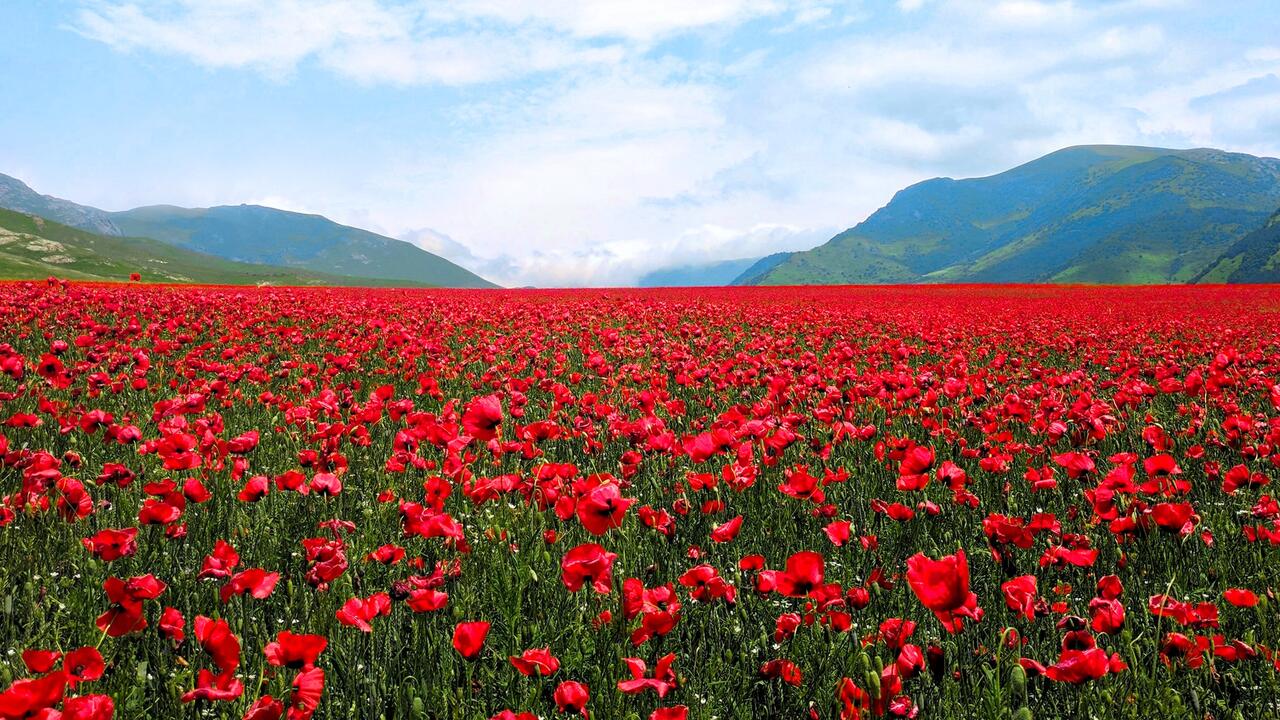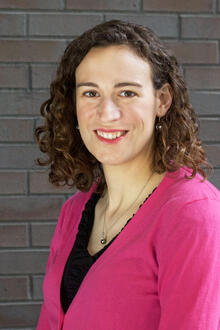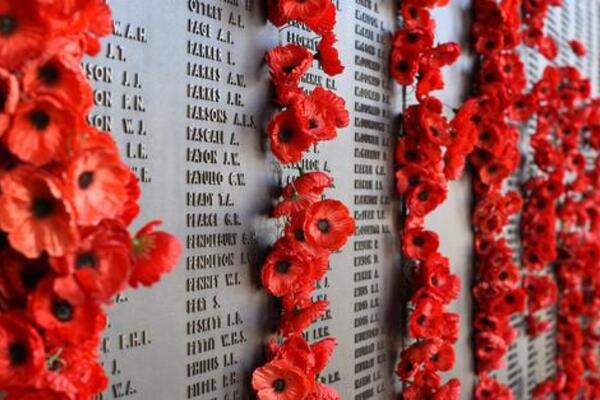
Remembrance and heroism
Waterloo professor on why we must be prepared to support international law

Waterloo professor on why we must be prepared to support international law
By University RelationsEach year in Canada, November 11 is marked as Remembrance Day. Canadians come together on the eleventh hour of the eleventh day of the eleventh month, as that is the day and time when the armistice was signed to end the First World War.
We acknowledge the courage and sacrifice of those who served their country and acknowledge our responsibility to work for the peace they fought hard to achieve. Not all who serve are acknowledged as a hero, so this day is an opportunity to do so.
Yet here in 2022, there is a steady drumbeat of war, echoing in the daily news with reports from the war in Ukraine and ominous discussions of the potential use of nuclear weapons. This Remembrance Day we must reflect on the importance of supporting the Ukrainian war effort against the illegal invasion by Russia, says Dr. Veronica Kitchen, a professor of political science at the University of Waterloo.
“War is bad, but war is sometimes necessary,” she says. “You do everything that you can to avoid it and you do everything you can to prevent it and make sure it stops as soon as possible.”
But in a case like the war in Ukraine, where the Russian side has so clearly and blatantly violated international law, Kitchen sees the support of Canadian and other Western governments as absolutely justified.
 Kitchen’s recent research focuses on the ways heroism is portrayed in conflict. In the introduction for her recent edited collection Heroism and Global Politics, Kitchen and her co-author Dr. Jennifer G. Mathers of Aberystwyth University provide a specific example of how heroism can at times be complex and fraught.
Kitchen’s recent research focuses on the ways heroism is portrayed in conflict. In the introduction for her recent edited collection Heroism and Global Politics, Kitchen and her co-author Dr. Jennifer G. Mathers of Aberystwyth University provide a specific example of how heroism can at times be complex and fraught.
They write of the Ukrainian hero Nadiya Savchenko, who in the aftermath of the 2014 Maidan Revolution took up arms against rebel forces in the Donbas region. However, Savchenko would later be branded a traitor by some, as she called for a negotiated settlement of the conflict.
Heroism, as Kitchen explains, can be fickle or even cynically mobilized for political purposes, as in the case of Savchenko. But it can also be “used as a focal point around which people rally,” she says, pointing to the leadership of the current Ukrainian president, Volodymyr Zelenskyy.
While heroism is complex and Remembrance Day is typically a day when it is popular to say that there is no context in which war is justified, Kitchen says that we must see in some conflicts that there is still right and wrong.
“I can’t see a world in which it would have been possible to not react to a blatant violation of international law,” she says, referring to Russia’s invasion of Ukraine. And yet, as Kitchen points out, “the world is messy. We can be doing the right thing in one place and the wrong thing in another place.”
This Remembrance Day, in the context of increasing polarization and ongoing conflict, we must reflect on the importance of always seeking peace, but at the same time remain vigilant and prepared to do what is right when necessity calls.

Read more
Many soldiers were 22-years-old when they died—the same age students are when they graduate from university

Read more
University of Waterloo experts are available for media interviews about Remembrance Day

Read more
A day for reflection
The University of Waterloo acknowledges that much of our work takes place on the traditional territory of the Neutral, Anishinaabeg, and Haudenosaunee peoples. Our main campus is situated on the Haldimand Tract, the land granted to the Six Nations that includes six miles on each side of the Grand River. Our active work toward reconciliation takes place across our campuses through research, learning, teaching, and community building, and is co-ordinated within the Office of Indigenous Relations.